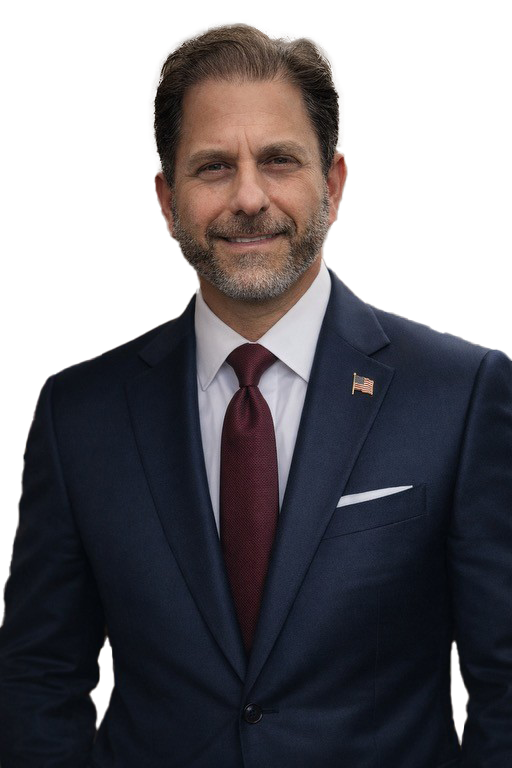Foundation Aid: Restoring Fairness to New York’s School Funding: An Urgent Call for Reform
Op-Ed by Assemblyman Ari Brown (R-Cedarhurst)
In recent years, the New York State education system has grappled with issues of fairness and adequacy in its funding formulas. As a member of the State Education Committee, I am acutely aware of the challenges our schools face and the pressing need for reform. The restoration of hold-harmless funding for schools is a step in the right direction, but much work remains to be done to ensure that every child in New York receives the quality education they deserve.
Hold harmless funding, which guarantees that no district will receive less aid than in the previous year, is a crucial safety net. This restoration provides temporary relief, but it should not be mistaken for a long-term solution. To truly address the disparities and inefficiencies in our school funding system, we must look deeper.
The ongoing foundation aid study by the Rockefeller Institute, while promising, will not yield binding recommendations, and so, it is imperative that we proactively address critical issues within our funding formulas. Several key areas need urgent attention:
- Differentiated Funding for Students with Disabilities: Not all students with disabilities have the same needs. Our funding formulas must account for varying degrees of disability severity and types. Differential weights should be incorporated to reflect the diverse requirements of these students, ensuring they receive appropriate resources tailored to their individual needs.
- Multilingual Learners: Similar to students with disabilities, multilingual learners come with diverse educational backgrounds and language support needs. The funding formula should be adjusted to reflect these differences, moving beyond a one-size-fits-all approach to better support each student’s unique circumstances.
- Inflated Wealth Ratios: Some districts face inflated wealth ratios due to a few wealthy residents moving into their areas. This distortion impacts funding allocations and skews the true financial capacity of these districts. We need to review and adjust the artificial floors and caps that currently distort our measures of district wealth and tax capacity.
- Mental Health Needs: The pandemic has highlighted the growing importance of mental health services for students. Our funding models must be updated to include considerations for mental health needs, ensuring that schools are equipped to support students’ emotional and psychological well-being.
- Revising the Foundation Aid Formula: The basic foundation amount used to calculate aid must reflect the current costs of providing a sound basic education. We must also preserve hold-harmless provisions, particularly for districts with low wealth, to prevent them from falling further behind.
- Student Poverty Measures: The use of free and reduced-price lunch applications as a proxy for student poverty is outdated. We need a more accurate method to reflect community-wide poverty levels, ensuring that funding addresses the true needs of our most vulnerable students.
Addressing these issues is not merely an administrative task; it is a moral imperative. Every child in New York deserves a fair shot at success, regardless of their background or the district in which they live. As your representative, I am committed to championing these reforms and working towards a more equitable and effective school funding system. Our children’s future depends on it.
